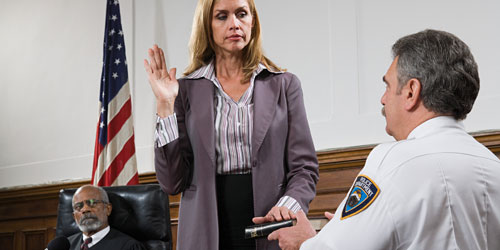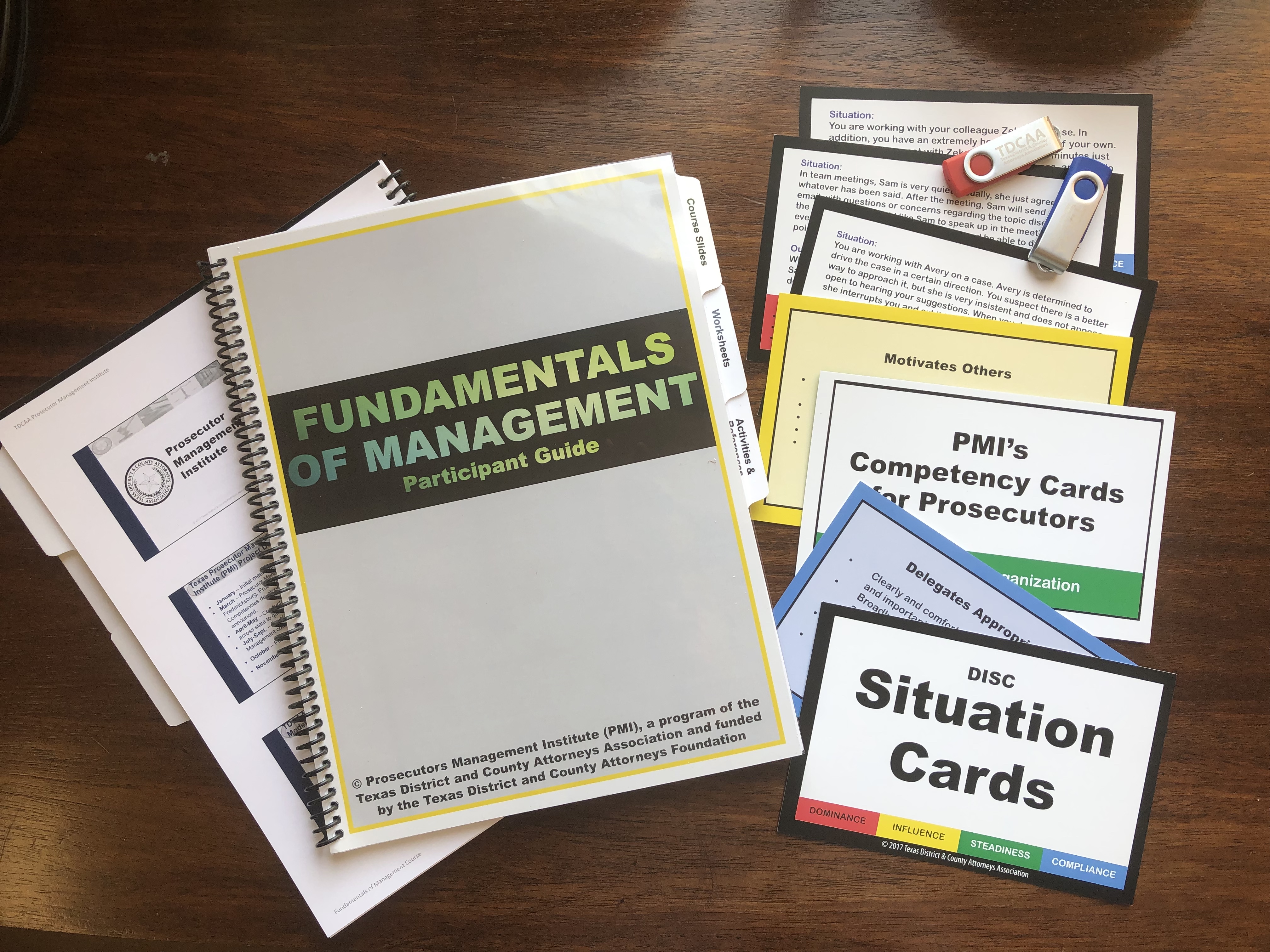Happy New Year! The 89th Legislative Session kicked off this week in Austin. It is a time for hope and big dreams of a bill just sitting on Capitol Hill becoming an actual law in a short five months. The hero bill must surmount a process created solely to terminate that bill. It is also a time of friendship and camaraderie between the lawmakers. That period of harmony lasted for a few hours up until the outcome of the speaker’s race. Harmony will have to wait until the next session!
New House Speaker
The No. 1 question around the Texas capitol was answered this week with the election of Representative Dustin Burrows (R-Lubbock) as the new Speaker of the House and its 150 members. The winner needed 76 votes, and Burrows beat Representative David Cook (R-Mansfield) with a final vote of 85–55. It took only two rounds to decide who would control the gavel and the Texas House. The first round included Representative Ana-María Rodríguez-Ramos (D-Richardson) earning 23 votes from her Democratic colleagues, which kept the two Republicans from crossing the threshold of 76 votes. Cook and Burrows moved on to the runoff.
Burrows gained 12 Democrats who initially voted for Rodríguez-Ramos and two more Republican members who left Cook’s coalition. Ten Democrats did not vote in the runoff. Ultimately, Burrows won his new position with the support of 36 Republicans and 49 Democrats, something that is already causing a lot of grief in some GOP circles.
Secretary of State Jane Nelson oversaw the election and swore Burrows into office. Burrows highlighted his priorities including property taxes, education, water infrastructure, and public safety. Representatives Greg Bonnen (R-Friendswood), Todd Hunter (R-Corpus Christi), Jeff Leach (R-Plano), Morgan Meyer (R-University Park), Will Metcalf (R-Conroe), and former speaker Dade Phelan (R-Beaumont) made up the inner circle of Burrow supporters throughout the contentious campaign and will likely be rewarded with important committee assignments. Representatives Terry Canales (D-Edinburg), Harold Dutton (D-Houston), Bobby Guerra (D-Mission), Oscar Longoria (D-Mission) and Joe Moody (D-El Paso) all chaired committees last session and supported Burrows from the beginning. Cook’s main campaign promise was to eliminate Democrats chairing any committees.
The Lt. Governor and Attorney General Ken Paxton expressed their disappointment that Cook did not win the Speaker’s race even though Cook was the House Republican Caucus nominee. The House Speaker joins the Governor and Lt. Governor in helping shape the legislative process. Last session, those relationships were strained and the session extended into four special sessions. The relationship and ability to work together for the “Big Three” sets the tone for the legislative session. The relationship between the Lt. Governor and Speaker Burrows starts from a difficult place as Lt. Governor Patrick declared before the race that “any Republican who wins with a majority of Democrats will be a counterfeit Speaker who will be beholden to the Democrats.”
The first test for Speaker Burrows will happen next week when the House votes on its rules to operate during the legislative session. That vote will dictate whether Democrats can chair committees. Equally important, it is happening a week later than usual thanks to a combination of the Speaker election drama, the presidential inauguration in Washington, D.C. on Monday (where much of the Republican legislative delegation will be), and some impending bad weather predicted to hit Austin early next week. The upshot is that the House will be behind schedule (based on past performance), giving the Lt. Governor the opportunity to take advantage of that gap to announce his Senate committee assignments (see below, hot off the presses!) and release a list of priority legislation soon, getting the jump on the House in the process.
Senate Committees Released
Lt. Governor released his committee assignments this morning demonstrating the Senate’s desire to move fast this session. The following five committees are the most relevant to prosecutor offices.
Senate Committee on Border Security: Brian Birdwell (Chair), Peter Flores (Vice Chair), Sarah Eckhardt, Adam Hinojosa, Juan “Chuy” Hinojosa
Senate Committee on Criminal Justice: Peter Flores (Chair), Tan Parker (Vice Chair), Brent Hagenbuch, Juan “Chuy” Hinojosa, Joan Huffman, Phil King, Borris Miles
Senate Committee on Finance: Joan Huffman (Chair), Juan “Chuy” Hinojosa (Vice Chair), Carol Alvarado, Paul Bettencourt, Donna Campbell, Brandon Creighton, Peter Flores, Bob Hall Lois Kolkhorst, Robert Nichols, Angela Paxton, Charles Perry, Charles Schwertner, Royce West, Judith Zaffirini
Senate Committee on Jurisprudence: Bryan Hughes (Chair), Nathan Johnson (Vice Chair), Brandon Creighton, Juan “Chuy” Hinojosa, Mayes Middleton
Senate Committee on State Affairs: Bryan Hughes (Chair), Angela Paxton (Vice Chair), Paul Bettencourt, Brian Birdwell, Bob Hall, Adam Hinojosa, Mayes Middleton, Tan Parker, Charles Perry, Charles Schwertner, Judith Zaffirini
Here is the complete list of committee assignments.
Yet another nuisance (bill)
Last week, the Texas Civil Justice League issued its list of nine legislative priorities, one of which was to limit local governments’ ability to sue businesses under certain public nuisance theories. Not a week later, such a bill was filed: SB 779 by Sen. Middleton (R-Wallisville). The filing of this bill fulfilled a promise Sen. Middleton made over the summer in the virtual pages of the TLR Advocate, an online blog of Texans for Lawsuit Reform, so feel free to read that for an explanation of the bill’s goals. The bill is similar to last session’s HB 1372 by Vasut, which several local entities opposed (and which was itself a refile of another such effort back in 2021). If you had this issue on your radar last session, you’ll want to read this session’s SB 779 to see what you think.
Charette redux
In our interim update from September 2024 we alerted you to the Ex Parte Charette opinion in which the former Court of Criminal Appeals (CCA) narrowly decided that trial courts—and thus, local prosecutors—lack jurisdiction over criminal violations of certain election and campaign laws unless the Texas Ethics Commission (TEC) first exhausts all administrative remedies or officially refers the case to a prosecutor for criminal enforcement. A group of more than 30 prosecutors supported a subsequent motion from the State Prosecuting Attorney (SPA) for a rehearing, which was denied by the CCA. However, this week a newly reconstituted CCA (which includes three new judges who have not previously heard the Charette case) granted the SPA’s motion for rehearing. (For more on that, see today’s TDCAA Case Summaries.) Now the issue can be briefed and argued anew. Meanwhile, the Texas Ethics Commission posted notice in today’s Texas Register that the emergency rule on prosecutor referrals it temporarily adopted back in October is to be continued for another 60-day period. Whether that administrative process is still relevant in light of this rehearing is something that appellate people much smarter than us will have to hash out.
Legislative rotation
As you know, TDCAA can serve as your eyes and ears at the capitol, but the voice legislators need to hear is yours. To help you do that, we organize a rotating schedule of volunteer slots for elected prosecutors or their designees who wish to come to Austin to be a part of the legislative process. If you would like to plan ahead and schedule a time to watch (or help) the sausage being made in Austin, contact Hector for more details.
Remember: If you’re not at the table, you may end up on the menu!
Quotes of the week
“If they don’t listen, we are going to come back and primary them next time and beat them.”
—Attorney General Ken Paxton, to a roomful of supporters in Fort Worth, where he was whipping up Republican grassroots opposition to a potential Dustin Burrows speakership.
“Today, the RINO (anti-MAGA) Establishment laughed in the faces of our Republican grassroots. They chose Democrat chairs and lobbyist buddies over their voters. I look forward to seeing if they’re still laughing after the next round of primaries. The fight starts today.”
—Shelley Luther (R-Tom Bean) posted on her X account .
“As far as those who support Burrows, I’m glad they weren’t with Travis at the Alamo when he drew the line in the sand. They would have crossed the line and walked out of the gate, leaving their fellow fighters behind.”
—Lt. Governor Dan Patrick discussing the Republican House members who support Representative Burrows for Speaker.
“It’s going to be borderline chaotic. You’ll see a lot of conflict rubbing back and forth between the Senate and the House. I think you’ll see the conservative Republicans fighting tooth and nail to advance their priorities.”
—Mitch Little (R-Lewisville) speaking to the Texas Tribune about the outcome of the Speaker’s election
“As they say in sports, ‘Let’s get ready to rumble!’ Many Republican members just partnered with Democrats to steal the speakership from Texas Republican voters! More to follow.”
—Tony Tinderholt (R–Arlington) posted on his X account.
###



